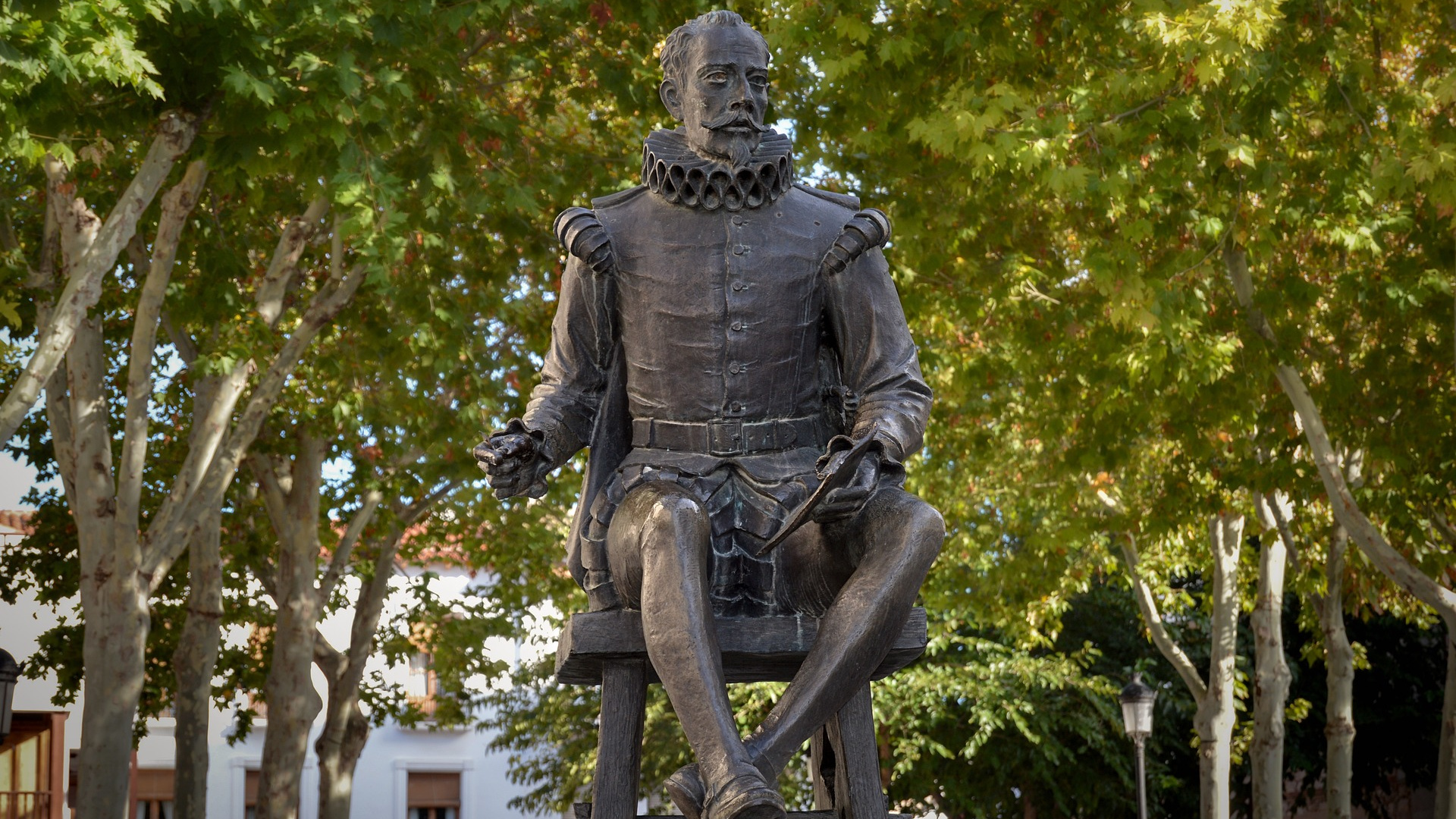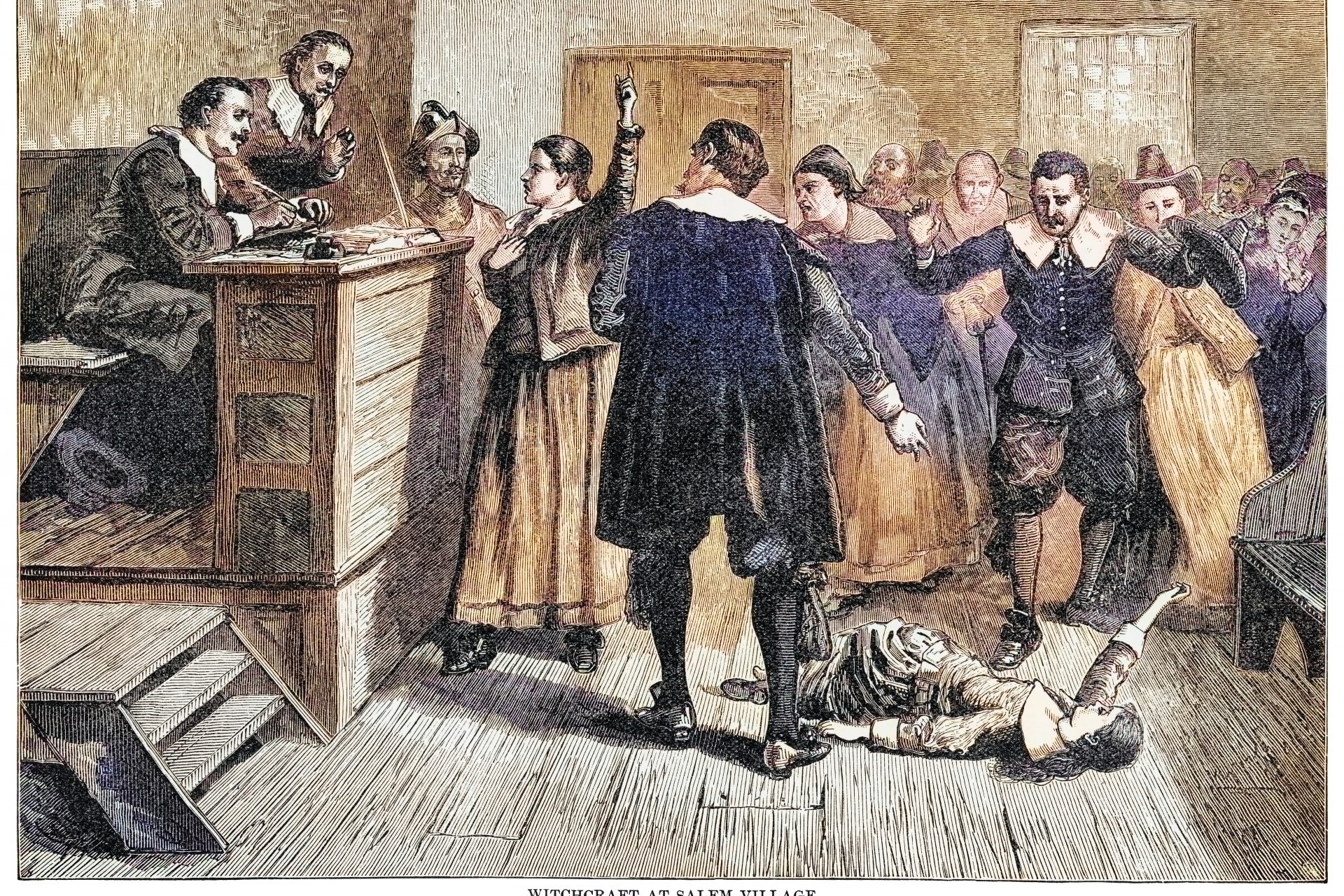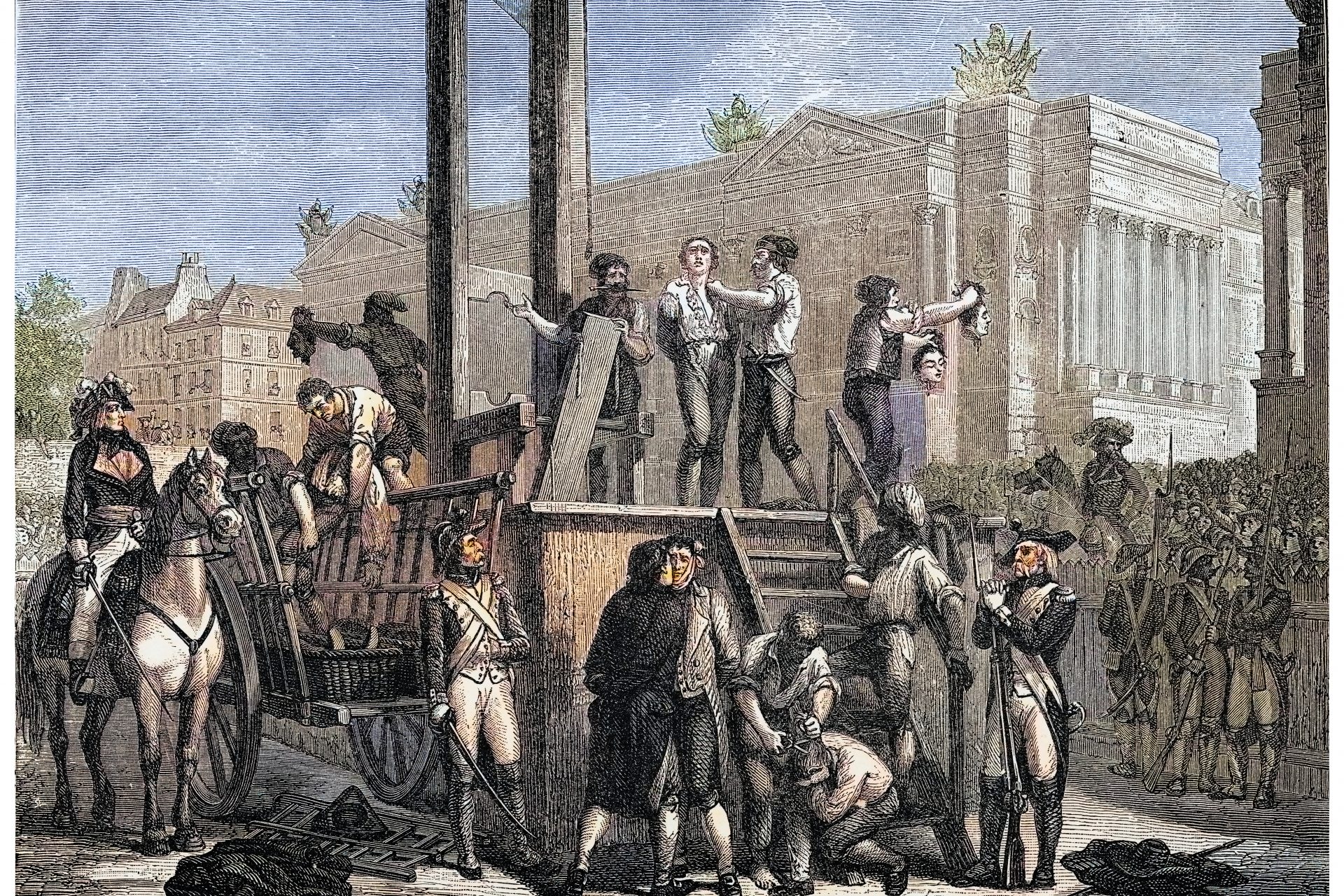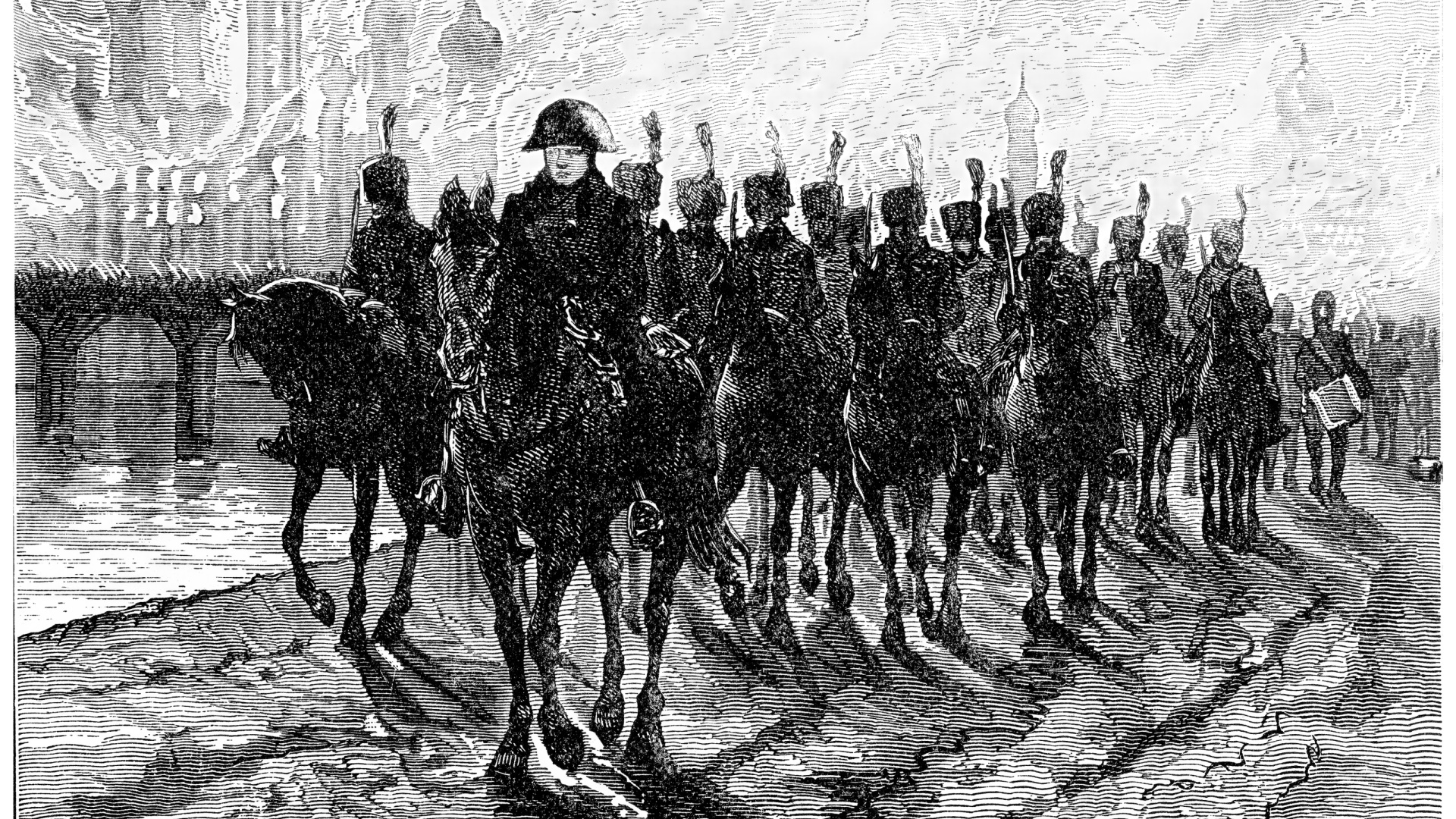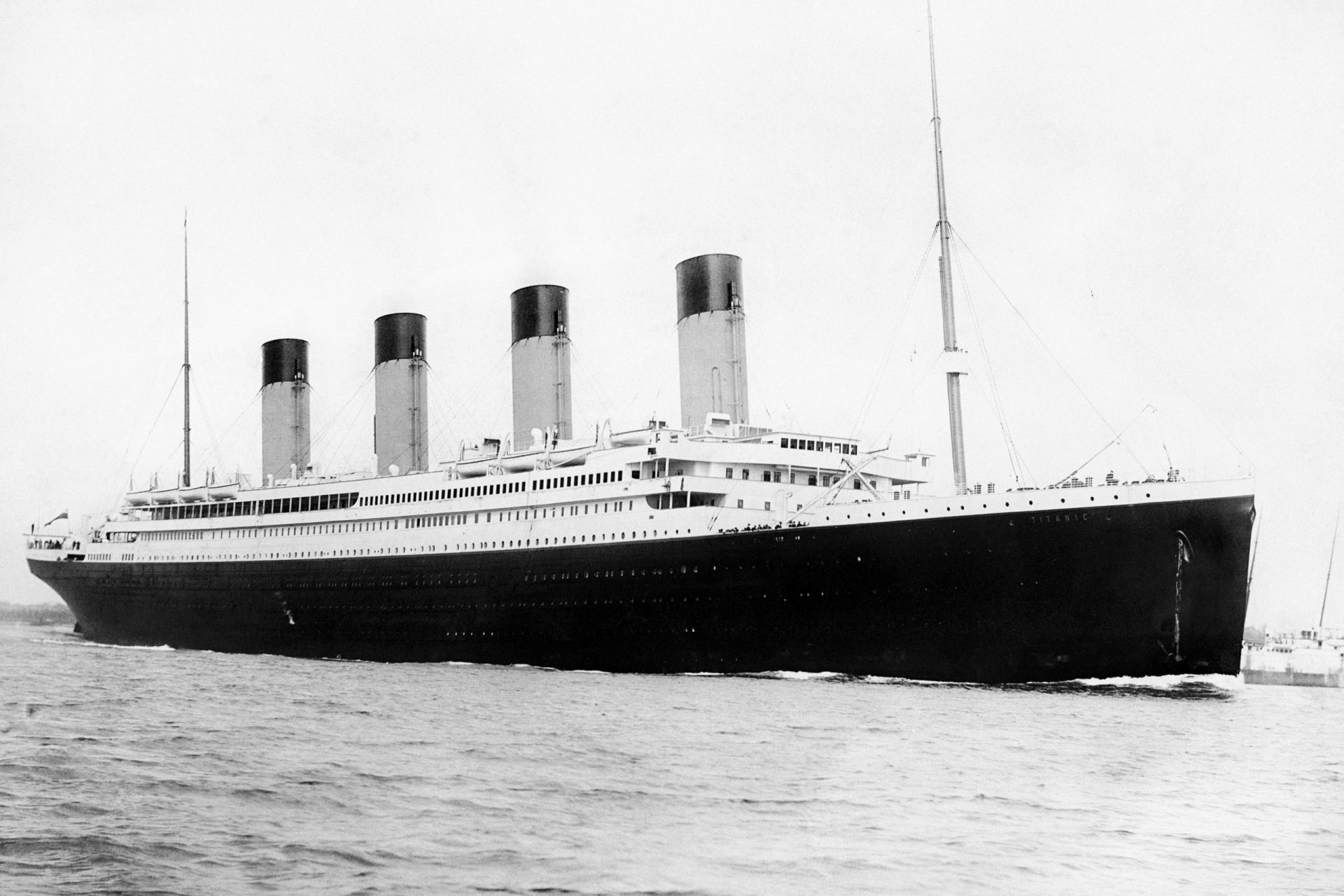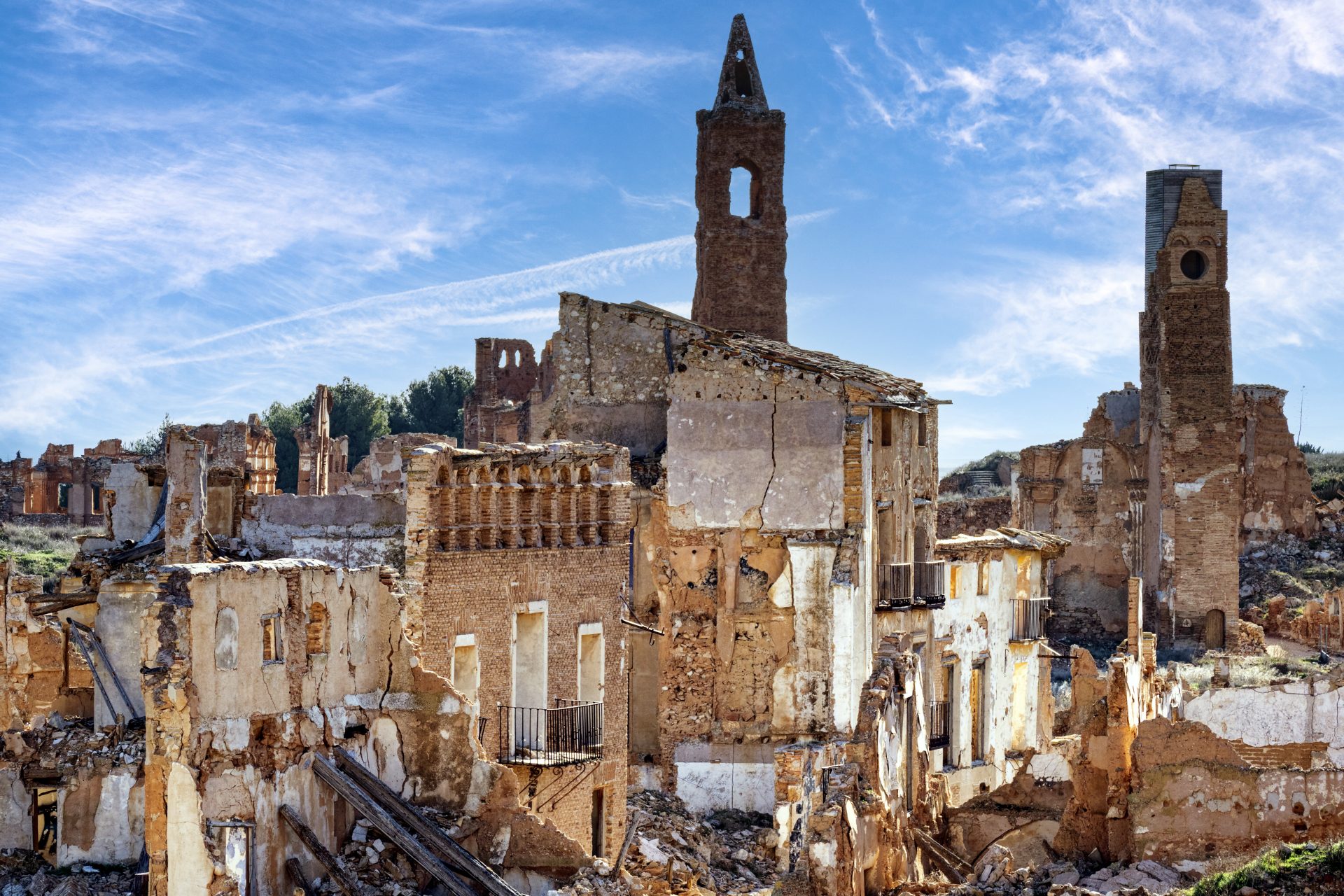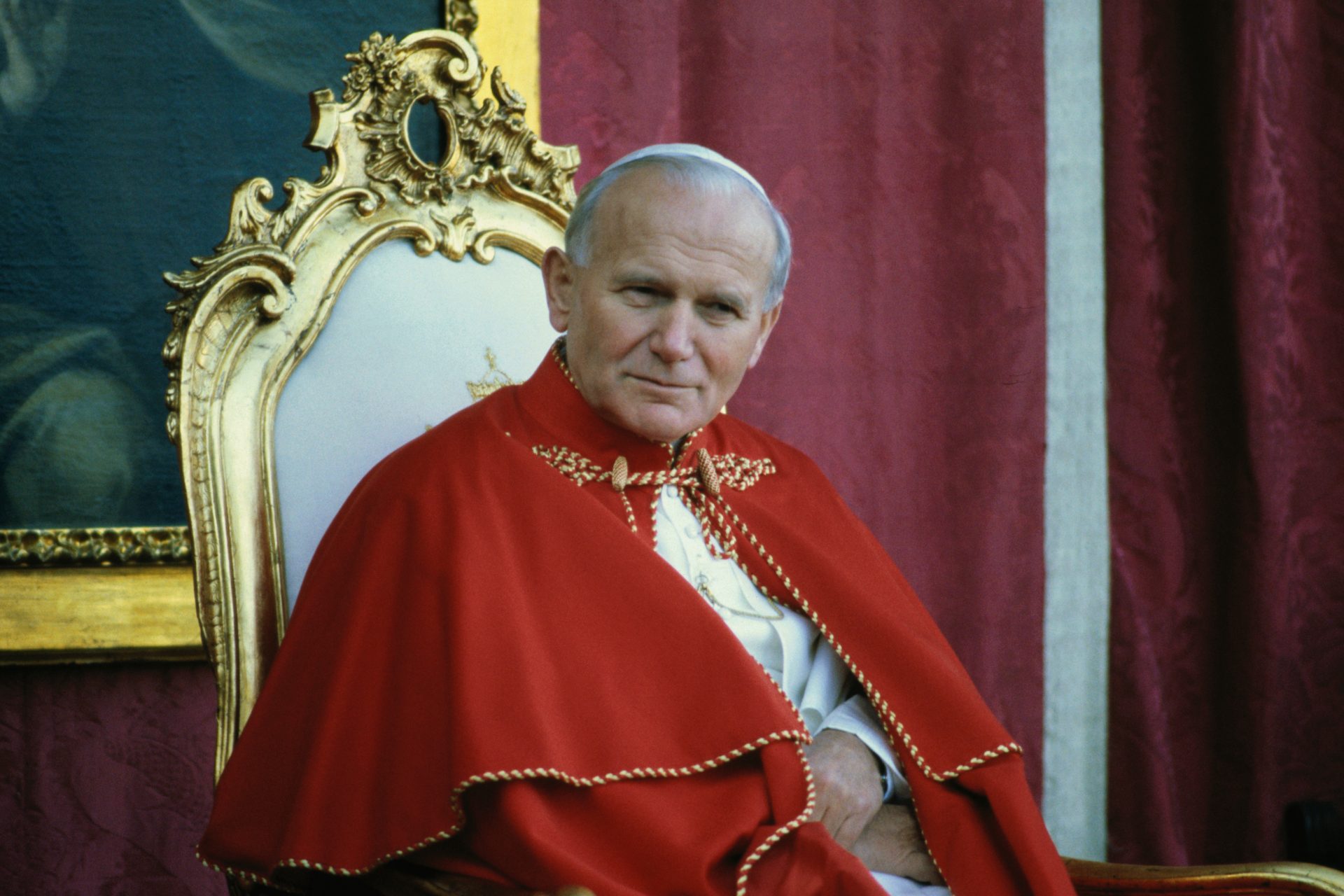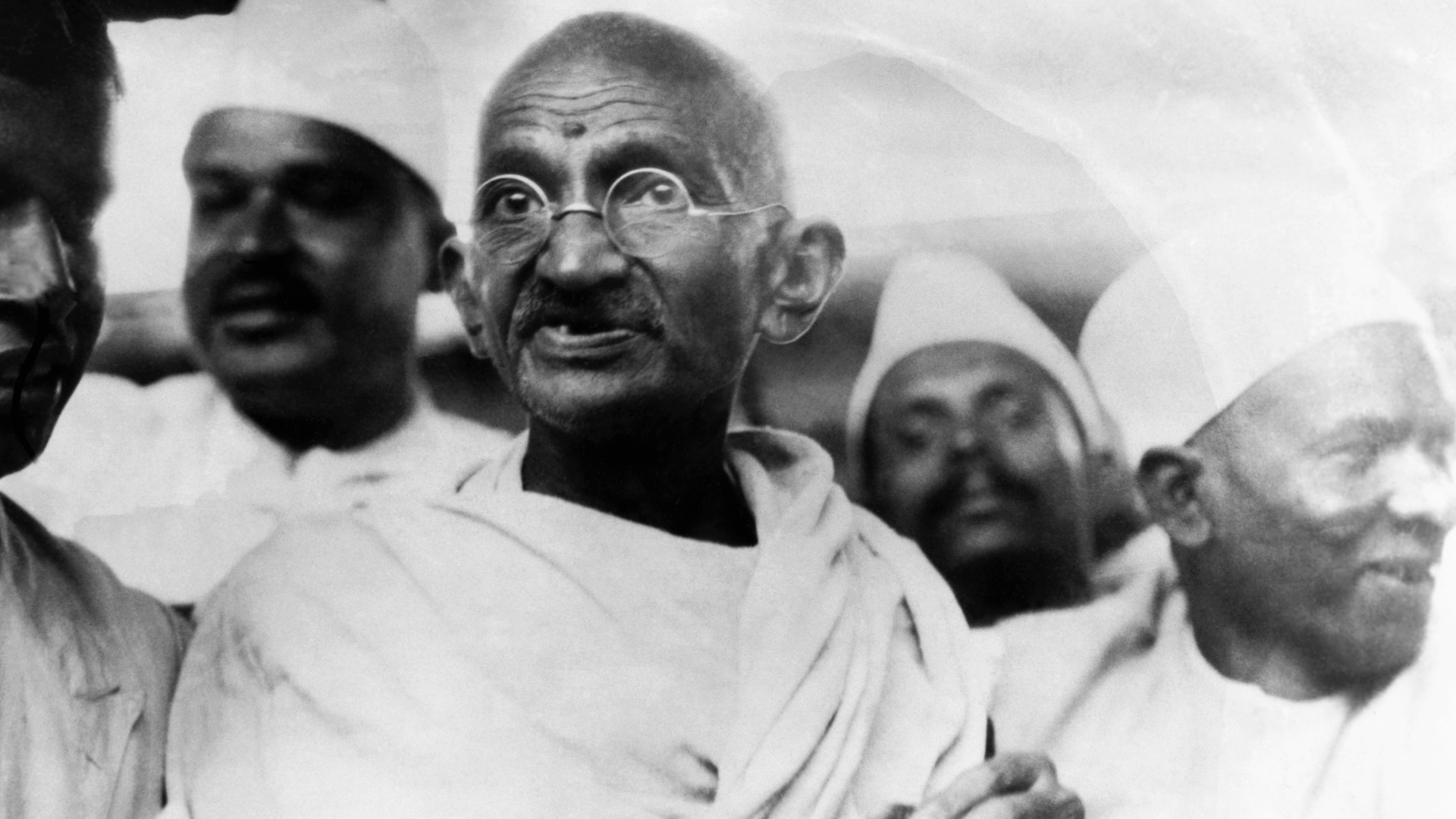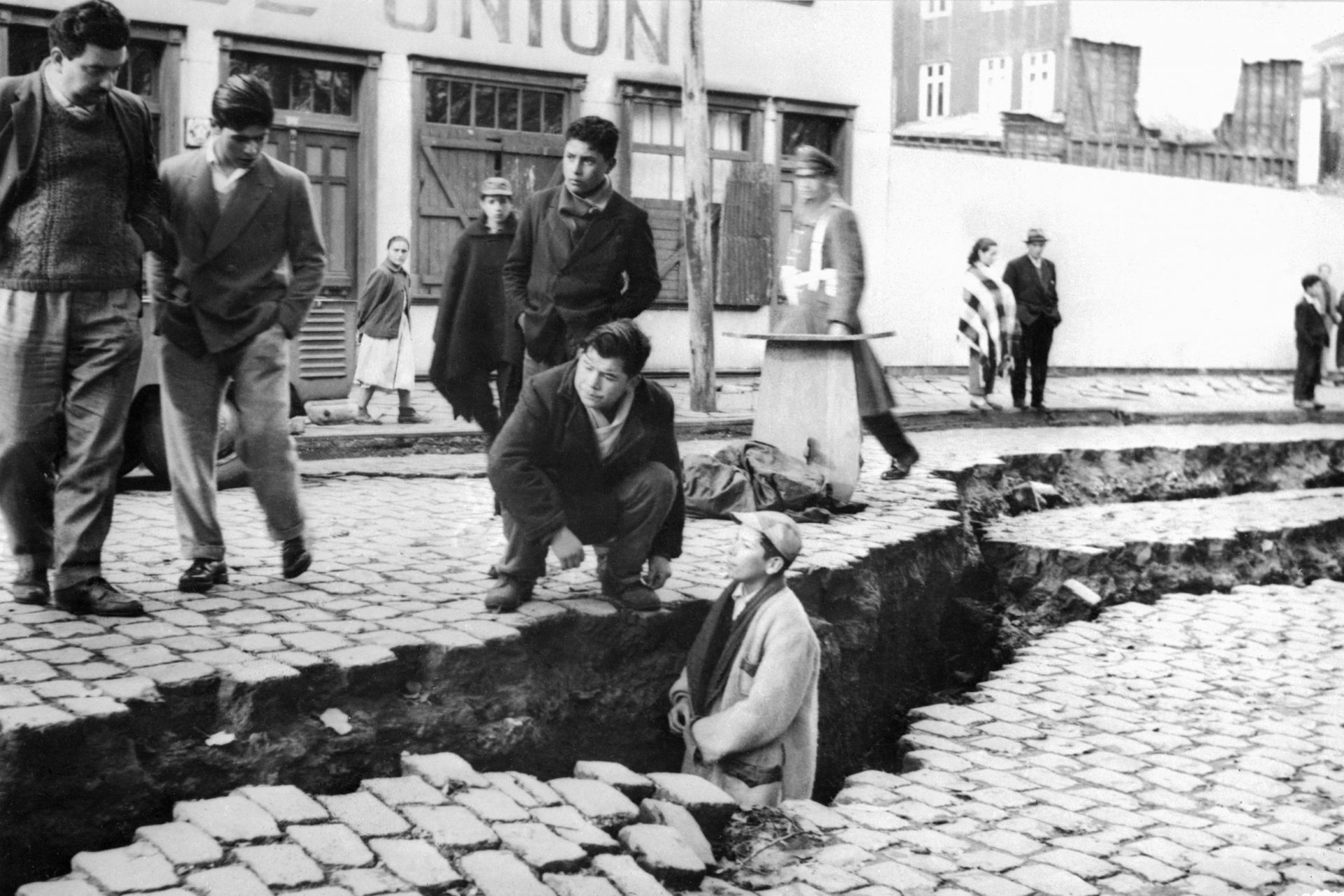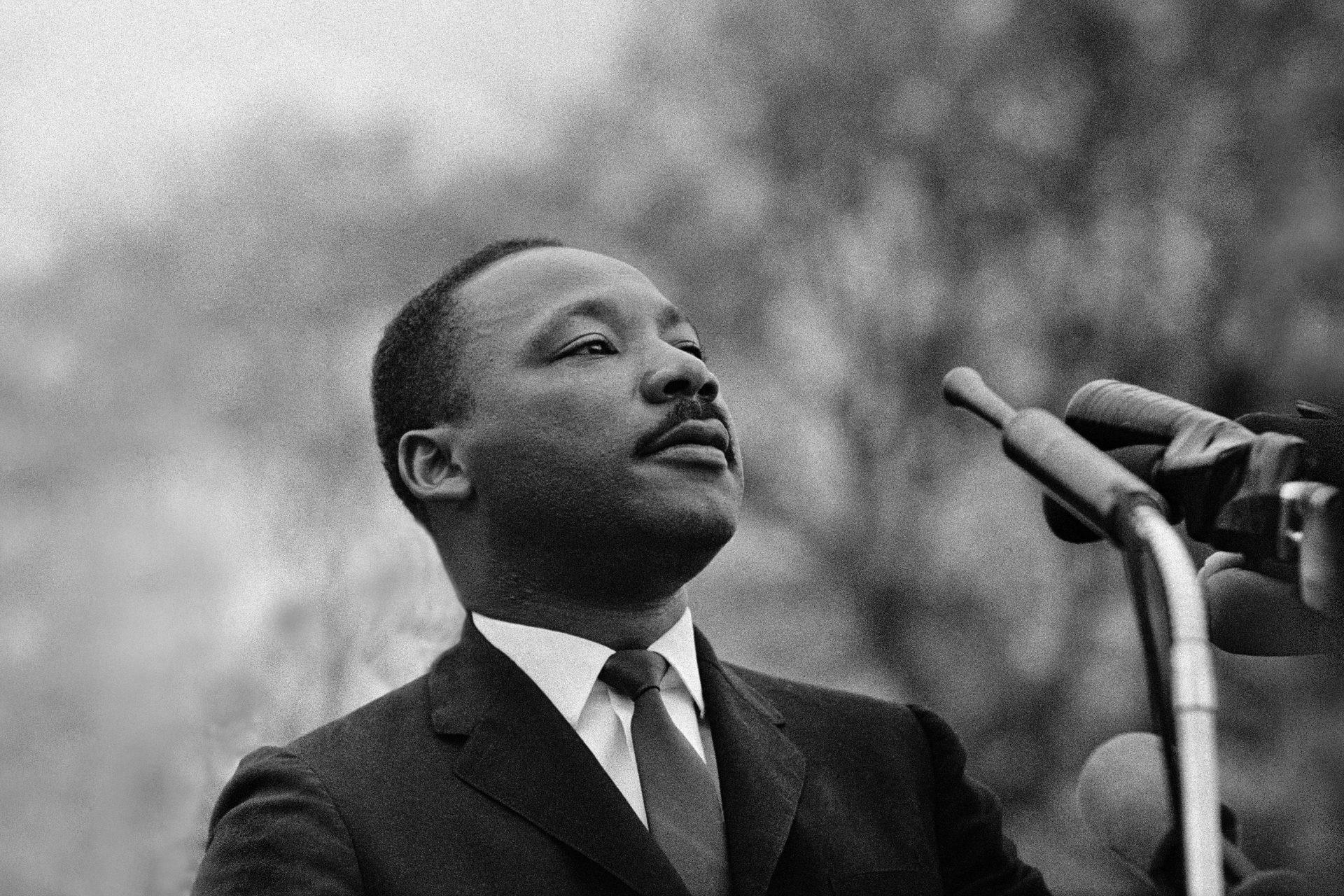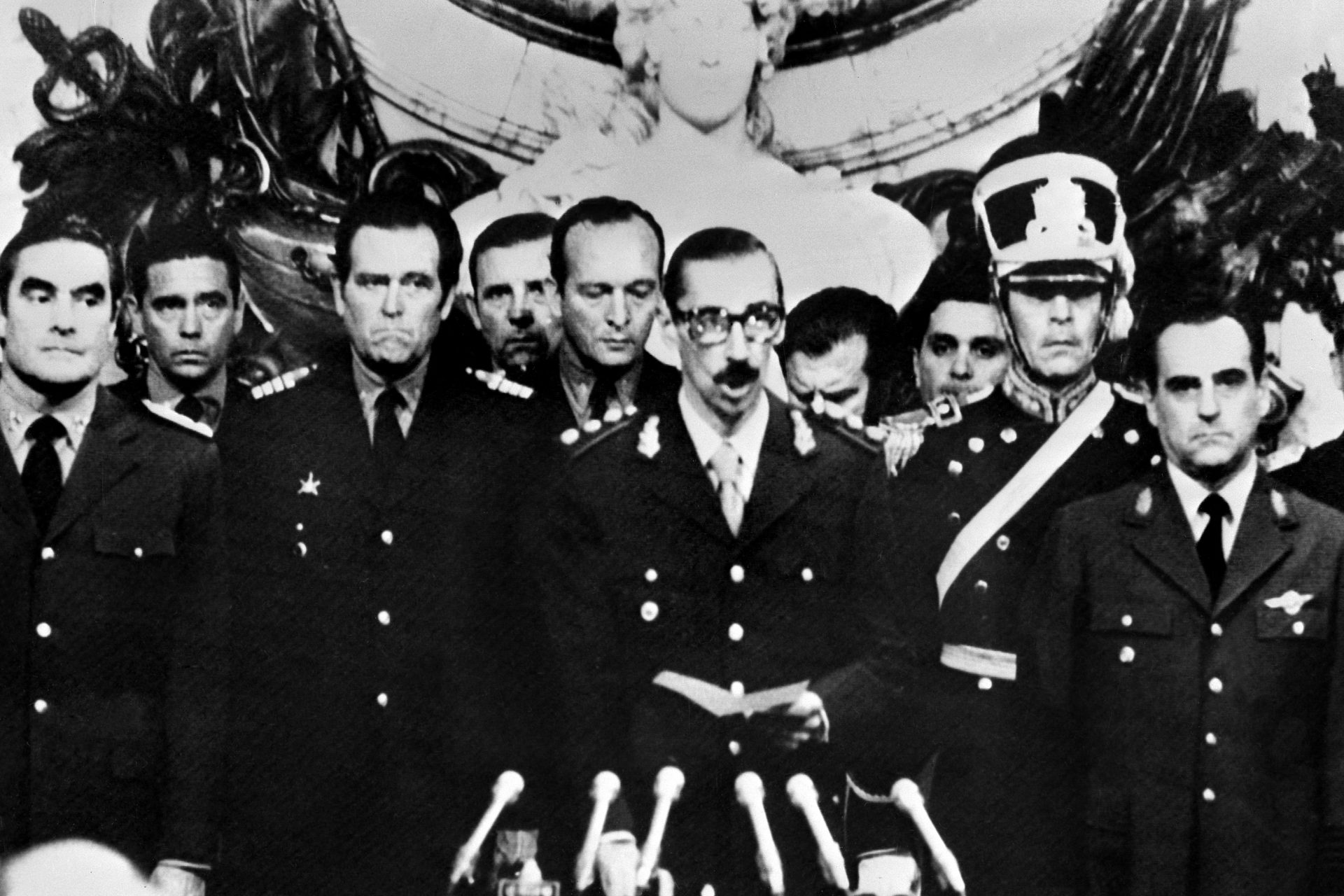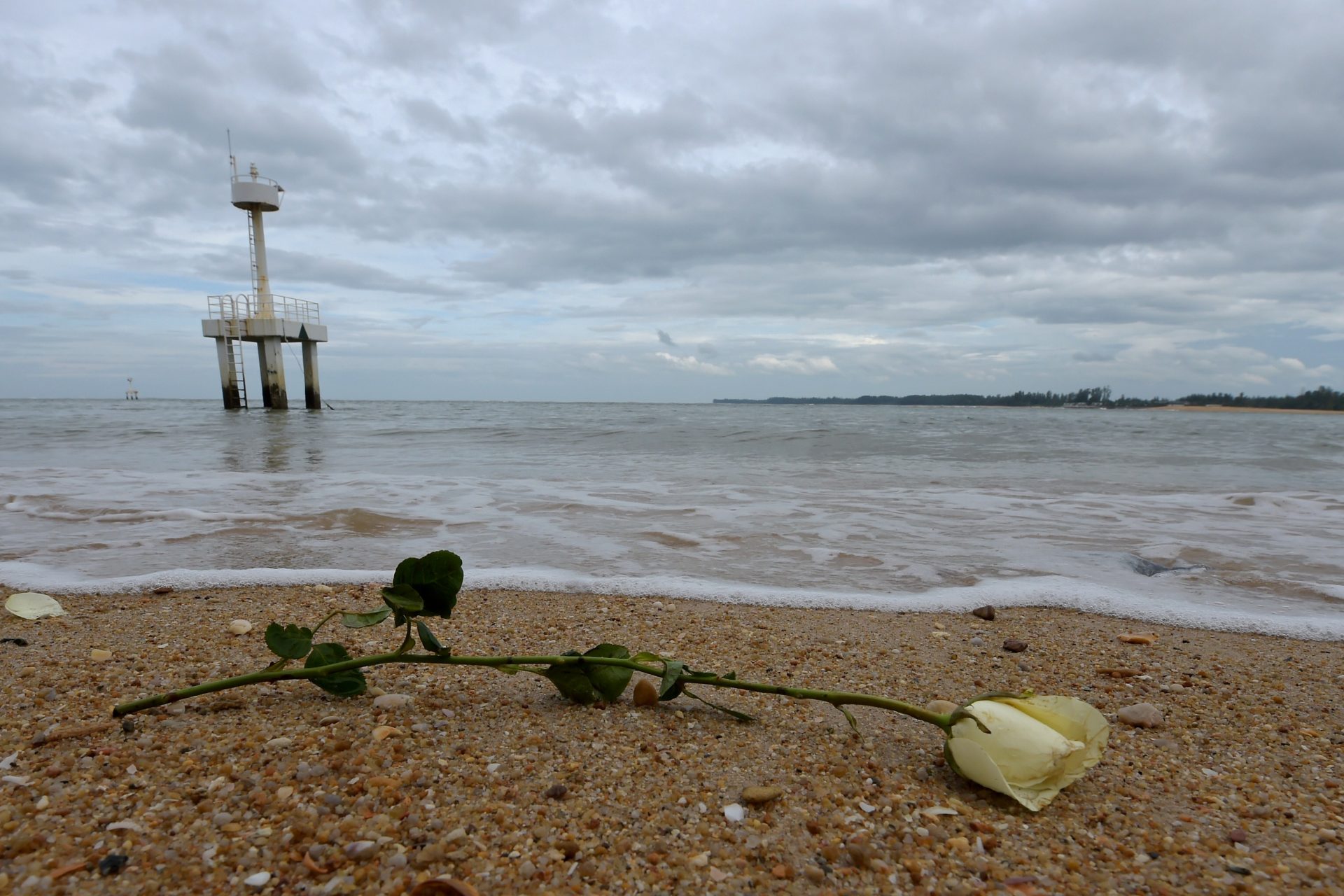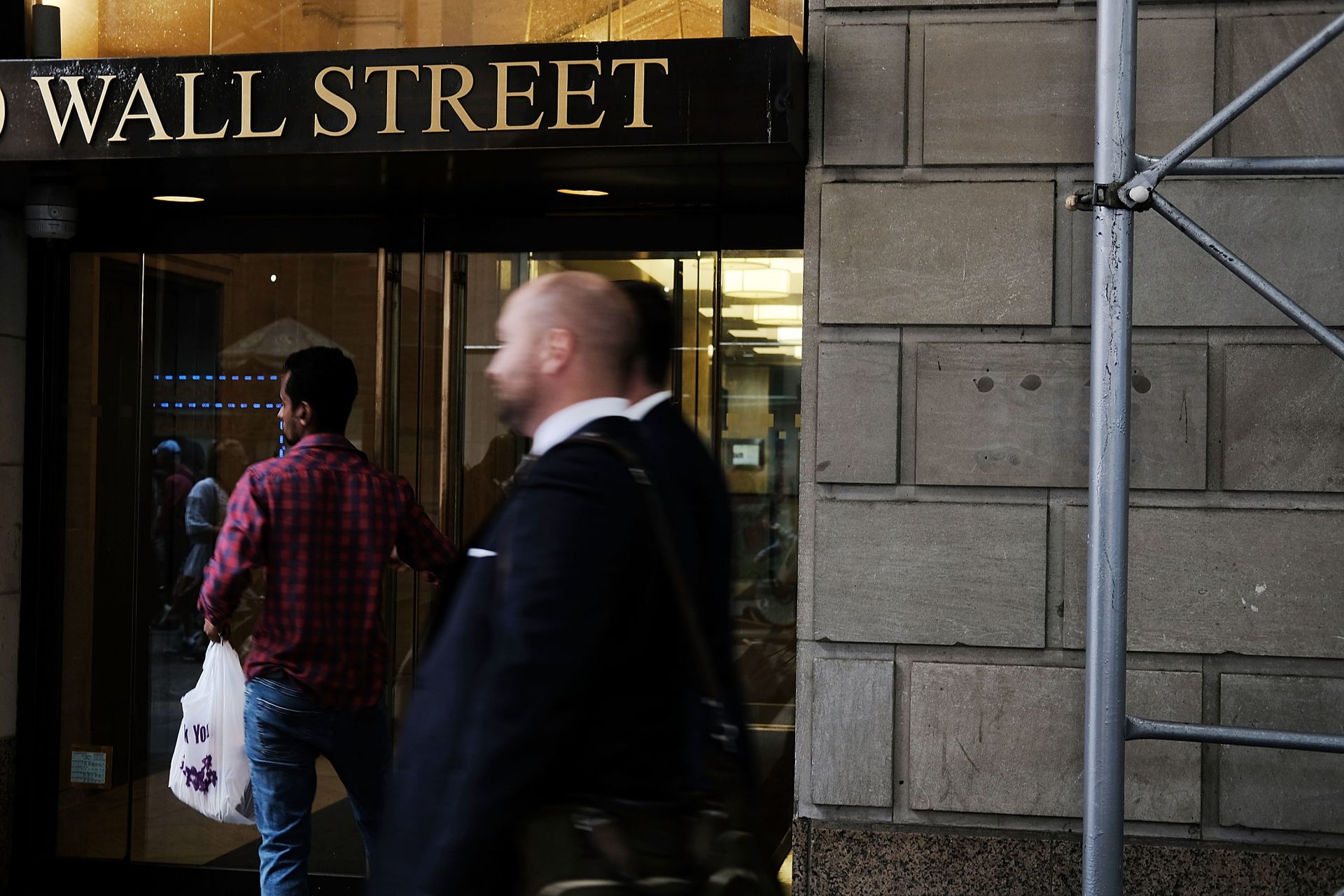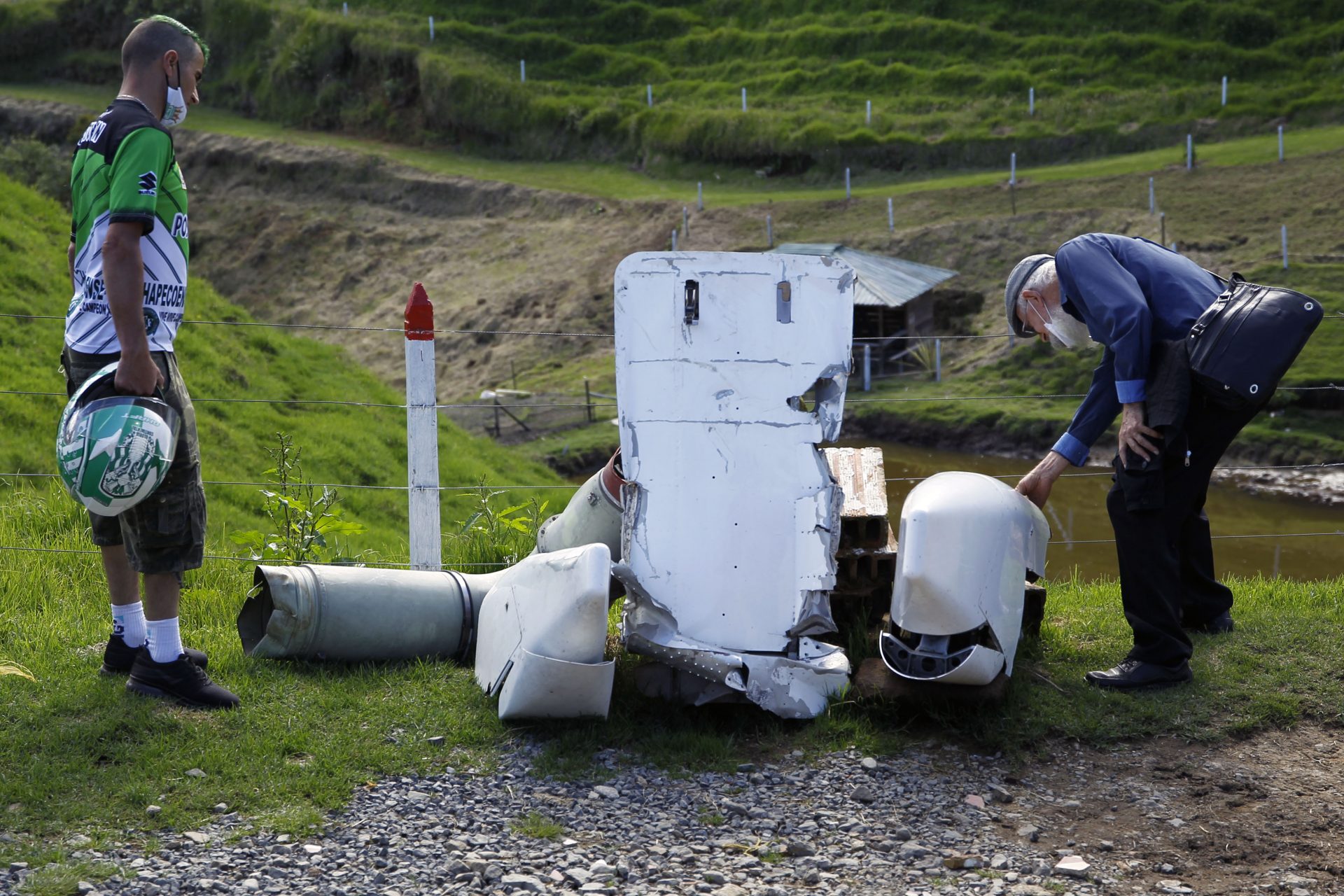Are leap years unlucky? These catastrophic events suggest they just may be
In many cultures, leap years are shrouded in superstition, often viewed as harbingers of misfortune. As the Scots say: "leap year was ne'er a good sheep year.” This extra day, added every four years, is believed to upset the natural balance, leading to widespread beliefs about increased bad luck, strange occurrences, and unexpected events during these years, such as the following...
1616, a leap year, marked the end for literature's two giants: Miguel de Cervantes ('Don Quixote') and William Shakespeare. Their deaths occurred within hours of each other - Cervantes in Madrid on April 22 and Shakespeare in Stratford-upon-Avon on April 23. Mere coincidence or cosmic fate?
Foto: Pixabay - Ángeles Balaguer (Angeleses)
Leap day 1692 set in motion the notorious Salem witch trials. Arrest warrants for Tituba, Sarah Osborne, and Sarah Good kick-started a witch hunt that would etch itself into the annals of history.
1772: the year the guillotine, a symbol of terror during the French Revolution, first made its appearance. Nicolas-Jacques Pelletier, convicted of armed robbery, was its inaugural victim. This device would claim about 17,000 lives, with its last, a Tunisian immigrant named Hamida Djandoubi in 1977, accused of murder.
1812 bore witness to Napoleon Bonaparte's most devastating defeat, unfolding in the harsh Russian winter. This campaign is remembered as one of the most disastrous military blunders in history, though not necessarily a bad event.
The unforgettable April of 1912 brought the sinking of the 'unsinkable' Titanic. Colliding with an iceberg in the North Atlantic, over 1,500 people perished, permanently transforming maritime safety standards.
In July 1936, a segment of the Spanish army rebelled, attempting a coup against the Second Republic's government. This ignited a brutal three-year civil war, ending in nearly 600,000 deaths from both sides.
1940 marked the construction of one of the most dreadful sites in recent history: the Auschwitz concentration camp. Located 43 kilometers (26 miles) from Krakow, Poland, in Oswiecim, this camp became the final station for over a million people, predominantly Jewish people, murdered by the Nazis.
In 1944, 24-year-old Karol Józef Wojtyła, who would later become Pope John Paul II, narrowly escaped death when hit by a Nazi truck in Krakow, Poland.
January 30, 1948, saw the tragic murder of the pacifist leader Mahatma Gandhi, the face of India's independence movement from the United Kingdom. He fell to the bullets of Nathuram Godse, a Hindu nationalist, amidst the religious turmoil following India's independence.
1960 witnessed one of history's most intense earthquakes: the Valdivia earthquake in Chile, measuring 9.5 in magnitude. It devastated much of southern Chile and claimed nearly 2,000 lives.
Another catastrophic event of 1960 was the Agadir earthquake in Morocco, striking specifically on February 29, a leap year day. It resulted in the deaths of 12,000 to 15,000 people, a third of the city's population.
1968 brought the heartbreaking assassination of civil rights activist Martin Luther King in Memphis, Tennessee. His murder by a white segregationist shook the nation.
On June 5, 1968, in Los Angeles, California, 24-year-old Palestinian Sirhan Bishara Sirhan fatally shot U.S. Senator Robert F. Kennedy, brother of the assassinated President John F. Kennedy. Sirhan's motive was linked to Kennedy's support for Israel, leading to his life sentence.
1972, Munich Olympics. A day of sportsmanship turned into a nightmare when 11 Israeli athletes were kidnapped and murdered by the Palestinian terrorist group Black September.
March 24, 1976 marked the onset of one of Argentina's darkest periods. Following a coup against Isabel Perón led by Jorge Rafael Videla, Emilio Eduardo Massera, and Orlando Ramón Agosti, the civic-military dictatorship began. This era was stained by over 30,000 disappearances and the horrific practice of stealing children from their families.
1980 saw the Beatles' fanbase worldwide mourning the loss of John Lennon, tragically shot four times by the fanatic Mark David Chapman.
2004 brought one of the most devastating natural disasters - the Indian Ocean earthquake and tsunami. It swept across the coasts of several countries, claiming hundreds of thousands of lives and obliterating numerous communities.
2008 witnessed the collapse of the financial services firm Lehman Brothers, setting off a domino effect that led to a severe global financial crisis.
In 2016, the Brazilian football team Chapecoense faced a tragic fate. En route to Colombia, their plane crashed, leaving only three players, a journalist, and two crew members as survivors.
2020 will forever be remembered for the onset of the COVID-19 pandemic. According to the World Health Organization, this global health crisis has caused the deaths of nearly 7 million people worldwide. As we approach 2024, one can only wonder what history has in store for us next.


